On May 21st 2024, UK-based Fairey Swordfish Mk.I W5856 made its inaugural flight adorned with freshly painted D-Day invasion stripes. The Swordfish played a crucial role in protecting convoys from U-boat attacks in the Battle of the Atlantic, sank the Italian fleet at Taranto, and crippled the mighty Bismarck in the Northern Atlantic in 1941.
W5856 is the oldest airworthy Swordfish in existence. It first flew on Trafalgar Day, October 21st 1941 as a “Blackfish” built by Blackburn Aircraft at Sherburn-in-Elmet and was delivered to 82 Maintenance Unit at Lichfield in Staffordshire on October 20th, 1941, for transport to Gibraltar. W5856 served with the Royal Navy’s Mediterranean Fleet for a year. Although little is known about its role during active service in the Mediterranean, it is likely that W5856 was based at North Front, Gibraltar, conducting patrols over the Straits. It was then returned to Fairey’s Stockport factory for refurbishment during the winter of 1942/43.
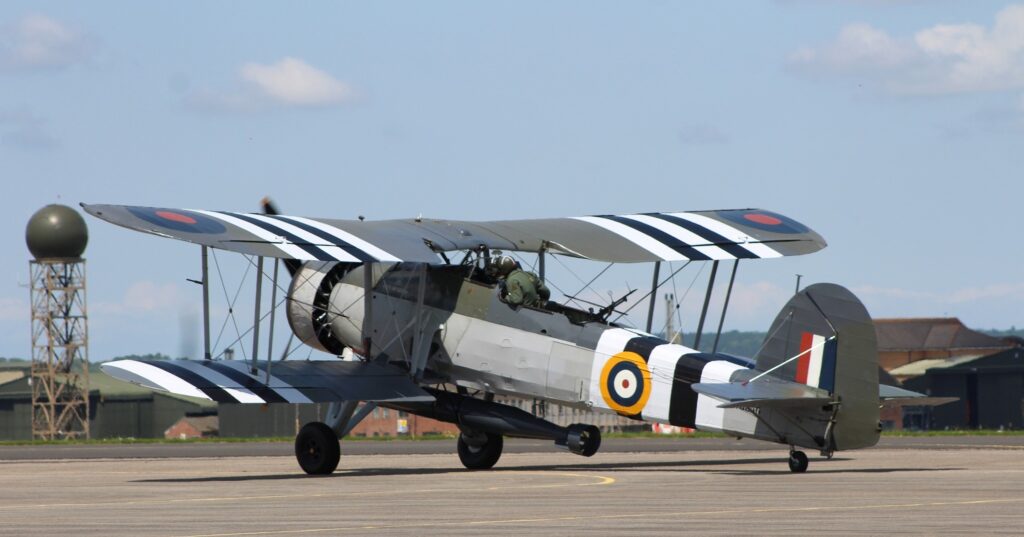
Used for advanced flying training and trials, W5856 was transferred to the Royal Canadian Navy in 1944 and continued in a training role before being placed in reserve after the war ended. The aircraft changed hands several times, including ownership by a farmer who considered converting it into a crop sprayer. Eventually Sir William Roberts acquired W5856, bringing it to Scotland for his Strathallan Collection in August 1977, where it arrived in crates and in a severely corroded condition.
In 1990 British Aerospace purchased and fully restored the aircraft to flying condition. After a successful test flight at Brough in May 1993 W5856 was gifted to the Royal Navy Historic Flight. Three years later, the City of Leeds adopted the aircraft in honor of the local companies that manufactured Swordfish components during WWII. In acknowledgement of this the aircraft now bears the City of Leeds coat of arms and name on its port side, just forward of the pilot’s cockpit.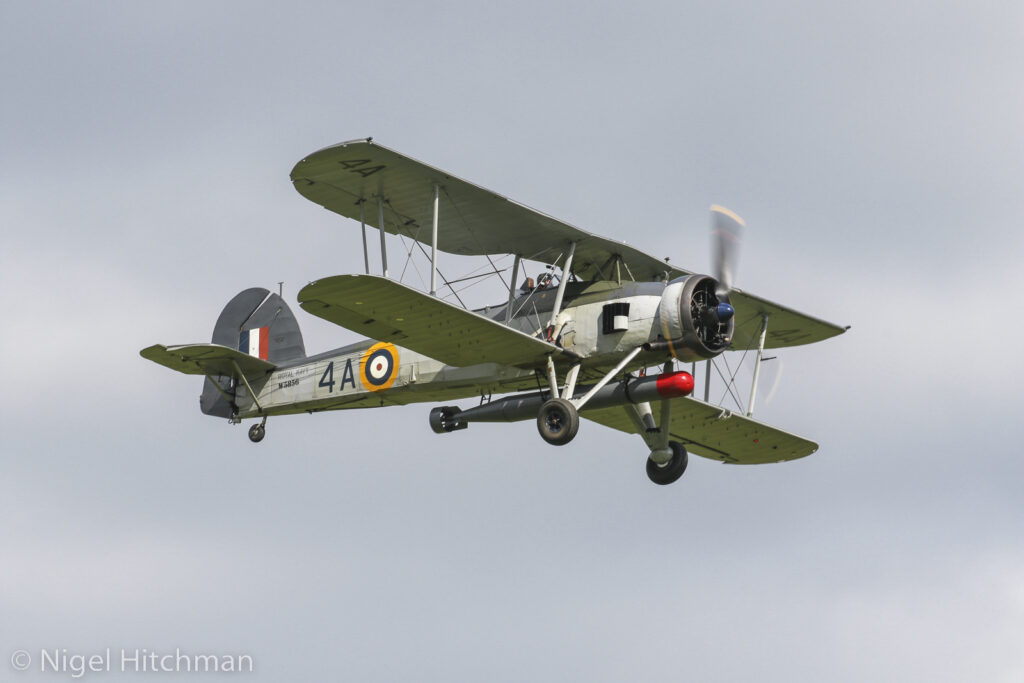
Grounded in 2003 due to wing spar corrosion, W5856 faced an uncertain future. However BAE Systems generously constructed a new set of wings, delivered in 2012. The aircraft was restored to full flying condition thanks to a major grant from the Peter Harrison Heritage Foundation. W5856 rejoined the display circuit in 2015, featuring a new paint scheme representing the Swordfish of 820 Naval Air Squadron (NAS) during the 1941 attack on the Bismarck. In 2019 the Historic Flight was disbanded and the Swordfish and other aircraft joined the new Navy Wings organization.
Despite its obsolescence the Fairey Swordfish still played its part on June 6th, 1944. At RAF Harrowbeer in Devon examples from 838 NAS provided night anti-E-boat patrols off Brittany, while Swordfish from 816 NAS operated from RAF Perranporth, Cornwall carrying out anti-U-Boat and shipping strikes in the English Channel in cooperation with Grumman Avengers of 849 and 850 NAS. Navy Wings stated on their social media channels that the aircraft will retain these distinctive markings throughout the 2024 flying season to honor the 80th anniversary of the D-Day landings.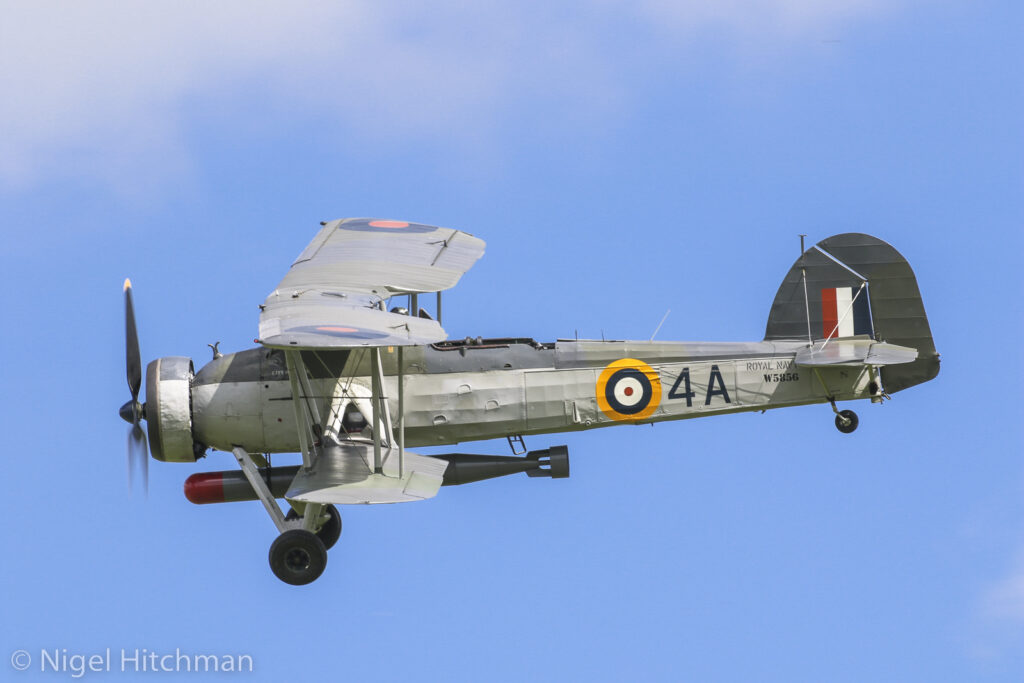
The Navy Wings Collection unites a range of owners and operators of historic naval aircraft. This outstanding array of aircraft, when considered together, provides a unique insight into the full suite of naval aviation achievements, from the very earliest days of flying aircraft from the water to the breathtaking technological advances that enable high-speed jets and heavy helicopters to land on the moving decks of ships at sea.
The core of the collection comprises the aircraft of the Fly Navy Heritage Trust (FNHT). Through the generous contribution of other heritage naval aircraft owners who, under the Navy Wings umbrella, join the FNHT at air displays and air shows, an impressive story of the very best of UK naval aircraft development can be told.
For more information about the Navy Wings Collection visit www.navywings.org.uk







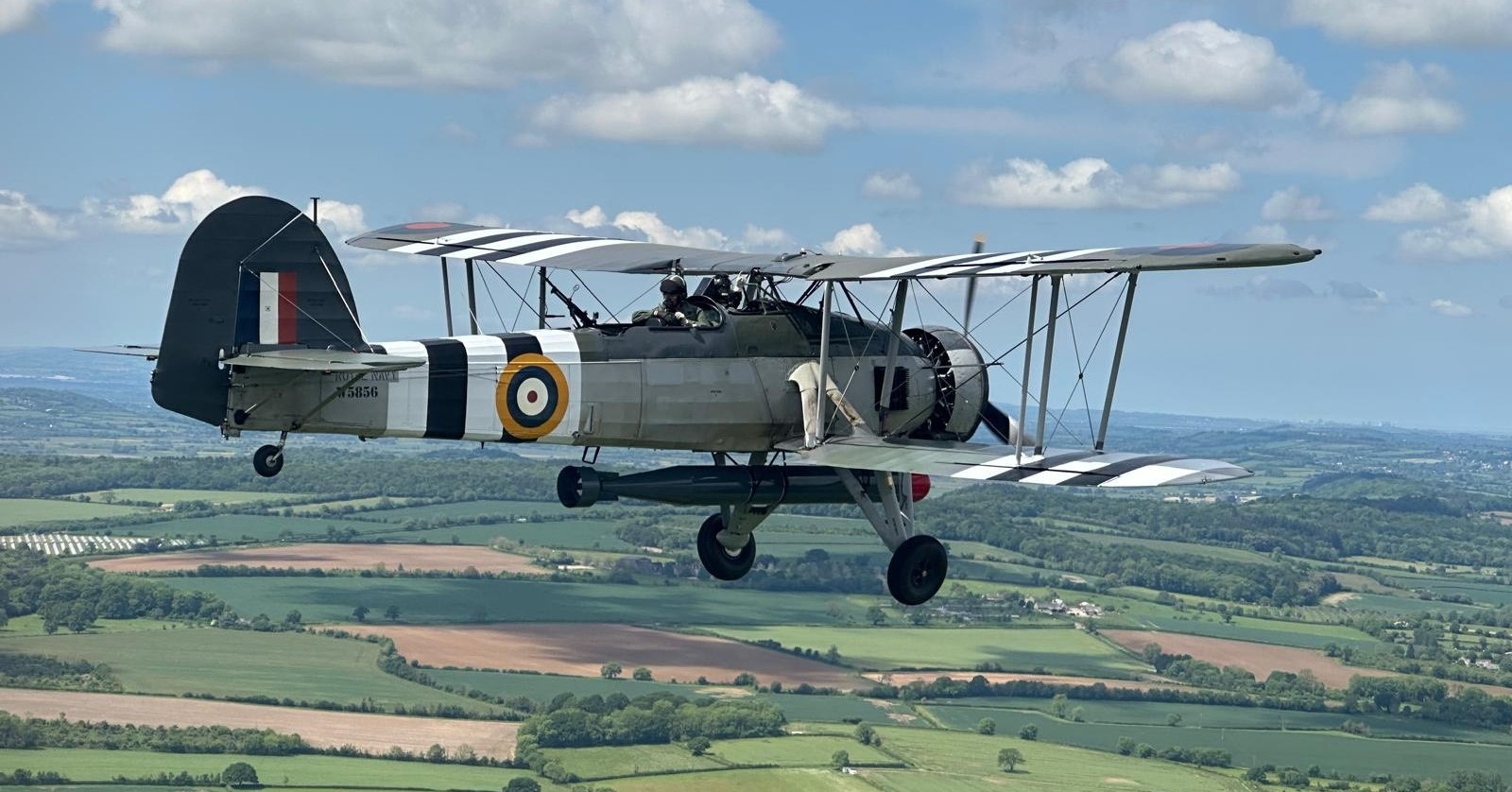

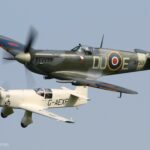
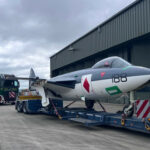
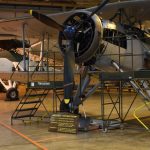
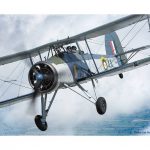

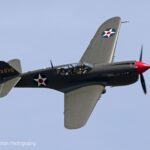
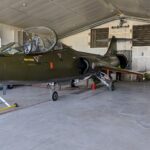
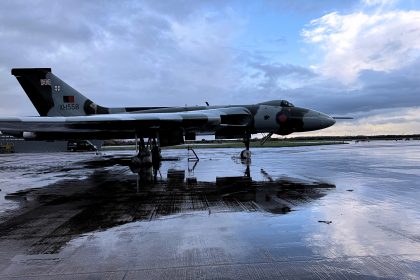

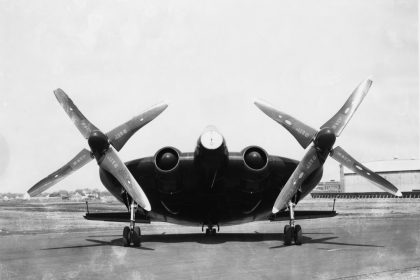
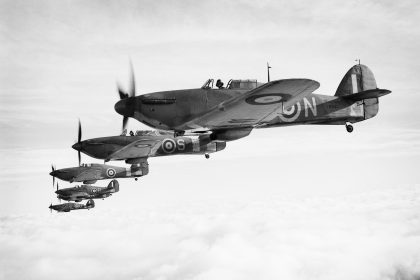
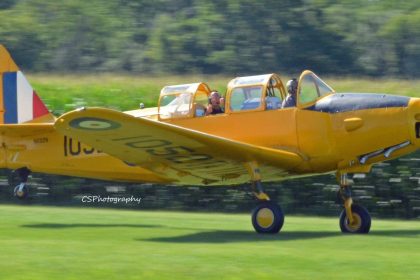
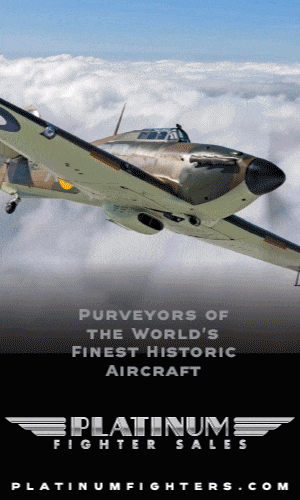
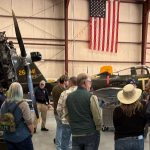

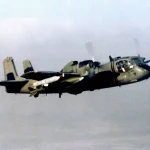

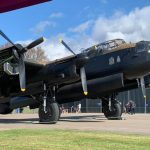


Your information about the Swordfish involvement in the D Day air activities is not correct. Throughout this period, the Swordfish was still very much involved across the Channel area and beyond and you will find more accurate details here https://navywings.org.uk/portfolio/the-fleet-air-arms-role-in-d-day/
It would be good to see some recognition of this in your article. Thank you.
Hello Eagles! My apologies and thank you for correcting me – I’m unsure where that information came from but I’ve gladly amended the article to showcase the Swordfish’s role on D-Day. Thank you.
Thank you Zac. Navy Wings appreciates the correction especially at this time when we are remembering the enormous sacrifice and dedication given by so many during the period of D-Day in 1944. “Fly to Inspire & Remember”